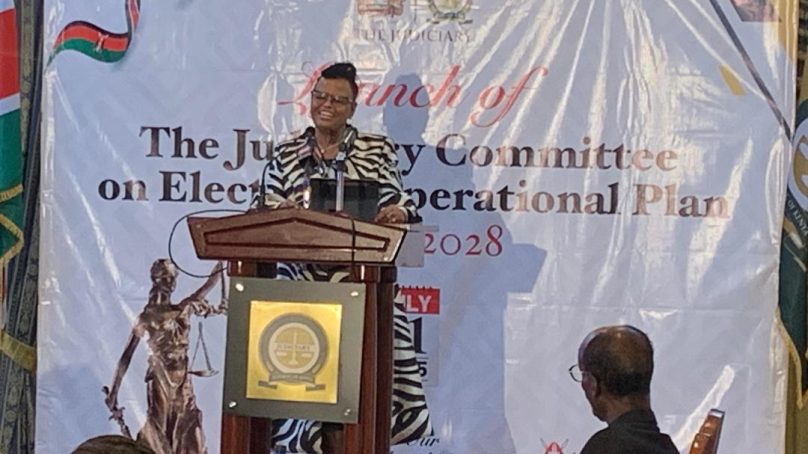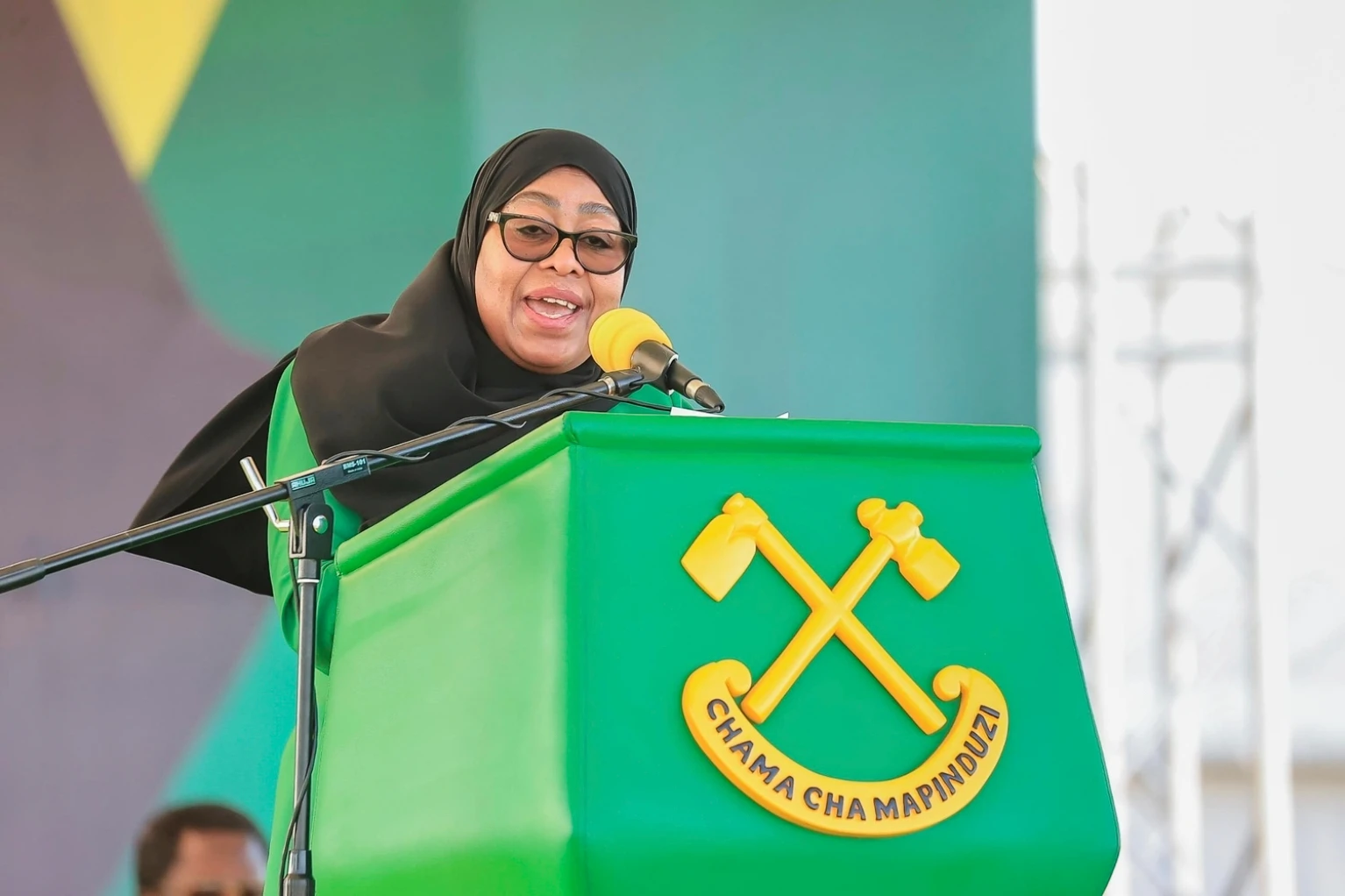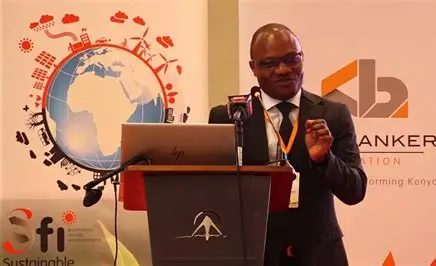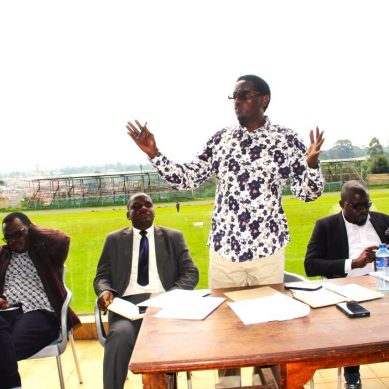
While Kenya’s next General Election is just over two years away, political atmosphere in the East African nation is already charged as the opposition and the government in power trade accusation and counter-accusations on the campaign trail as the seek to tweak the pendulum in their favour.
Constitutionally, election campaigns in Kenya start 90 days to the polls after parliament is dissolved. The 2027 General Election is slated for August 10, 2027. The mood in the country that has been treated to deadly violence points to acrimonious campaigns.
This year alone, Kenya National Commission on Human Rights says about 100 demonstrators have been killed in clashes between the police and youth who want the President William out of office.
President Ruto faces an onslaught inside his governing Kenya Kwanza coalition and the combined opposition that accuse him of presiding over corruption, abuse of office and rabid theft of public resources.
Aware of the often poisoned political campaigns in Kenya, the judiciary has officially unveiled the Judiciary Committee on Elections (JCE) Operational Plan for 2025-2028, which sets the stage for a robust legal framework and institutional readiness for the Kenya’s highly anticipated 2027 General Election.
Speaking during the event at a Nairobi hotel Chief Justice Martha Koome underlined the judiciary’s unwavering commitment to safeguarding the integrity of the country’s elections.
She praised the outgoing JCE chaired by Justice Mohamed Ibrahim for its exemplary service during the 2022 electoral cycle, particularly in spearheading the digitisation of electoral dispute resolution (EDR) processes and delivering judgments within strict timelines.
“Today’s launch reaffirms our judiciary’s readiness for the 2027 electoral cycle. We commend Justice Mohamed Ibrahim and his team for laying a solid foundation by digitising EDR processes and ensuring timely, credible decisions that strengthened public trust in the electoral process,” said Chief Justice Koome.
She highlighted Kenya’s EDR model as a benchmark that has inspired other countries such as Zambia and Malawi, noting that electoral justice is important to maintaining democratic stability across the continent.
However, Justice Koome cautioned that the country must remain vigilant in the face of evolving challenges such as technological manipulation, misinformation and increased political polarisation. She called for stronger collaboration among key institutions, including the Independent Electoral and Boundaries Commission (IEBC), political parties, parliament and civil society, to address these threats collectively.
“Our elections are becoming more complex due to technology and rampant misinformation. This demands constant legal reforms, capacity building for our judicial officers and enhanced mental health support for judges handling the immense pressures of electoral disputes,” she said.
Justice Koome lauded Kenya’s development partners for their sustained support and appealed for continued collaboration to ensure the successful implementation of the new operational plan. She expressed confidence in the incoming committee’s leadership under Lady Justice Njoki Ndung’u, assuring Kenyans that the Judiciary remains resolute in its mission to deliver free, fair and impartial justice.
“I urge all stakeholders to uphold the rule of law as the bedrock of our democracy,” Chief Justice Koome pleaded as she declared the Judiciary’s Operational Plan for 2025-2028 officially launched.
Lady Justice Ndung’u, who is SCJ’s newly appointed chairperson of the Judicial Elections Committee, echoed the Chief Justice’s sentiments and expressed gratitude for the trust placed in her leadership.
She commended the outgoing chair for steering the committee through a pivotal electoral cycle and called for unity among all stakeholders, as Kenya enters a critical pre-election phase.
Justice Njoki highlighted emerging threats to electoral justice, including early signs of tension and premature campaigns proliferating on social media platforms. She warned against the perennial challenge of last-minute legislative amendments, which derail judicial training and preparedness, citing previous disruptions in 2013, 2017, and 2022.
Reaffirming the committee’s readiness, Justice Njoki called on all institutions to rise to the occasion and play their part in guaranteeing a credible and peaceful 2027 election. President of the Law Society of Kenya Faith Odhiambo challenged all players to uphold the principles of justice and constitutionalism as Kenya heads toward the polls.
Ms Odhiambo applauded the judiciary and the JCE for prioritising efficiency, electronic dispute resolution and institutional support, which she said were vital for strengthening public confidence in the electoral process.
However, she warned that reckless political rhetoric threatening the integrity of the vote and the Constitutional Order must be countered firmly. She urged lawyers to act as true custodians of the Constitution by rejecting unlawful instructions and speaking up against impunity.
Highlighting the role of youth, the media, and technology, she called for concerted efforts to fight misinformation and promote transparency.
Odhiambo also raised concerns about perennial legal hurdles such as electoral boundary disputes and last-minute petitions, calling for timely and decisive judicial action to avoid disrupting the electoral calendar.
As the country looks to the 2027 elections, the Judiciary’s Operational Plan 2025-2028 sends a clear message: electoral justice remains at the heart of Kenya’s democratic journey, with all eyes now on institutions to deliver their promise of a credible, peaceful and transparent election.
- A Tell Media / KNA report / By Fride Amiani and Wendy Sheila








